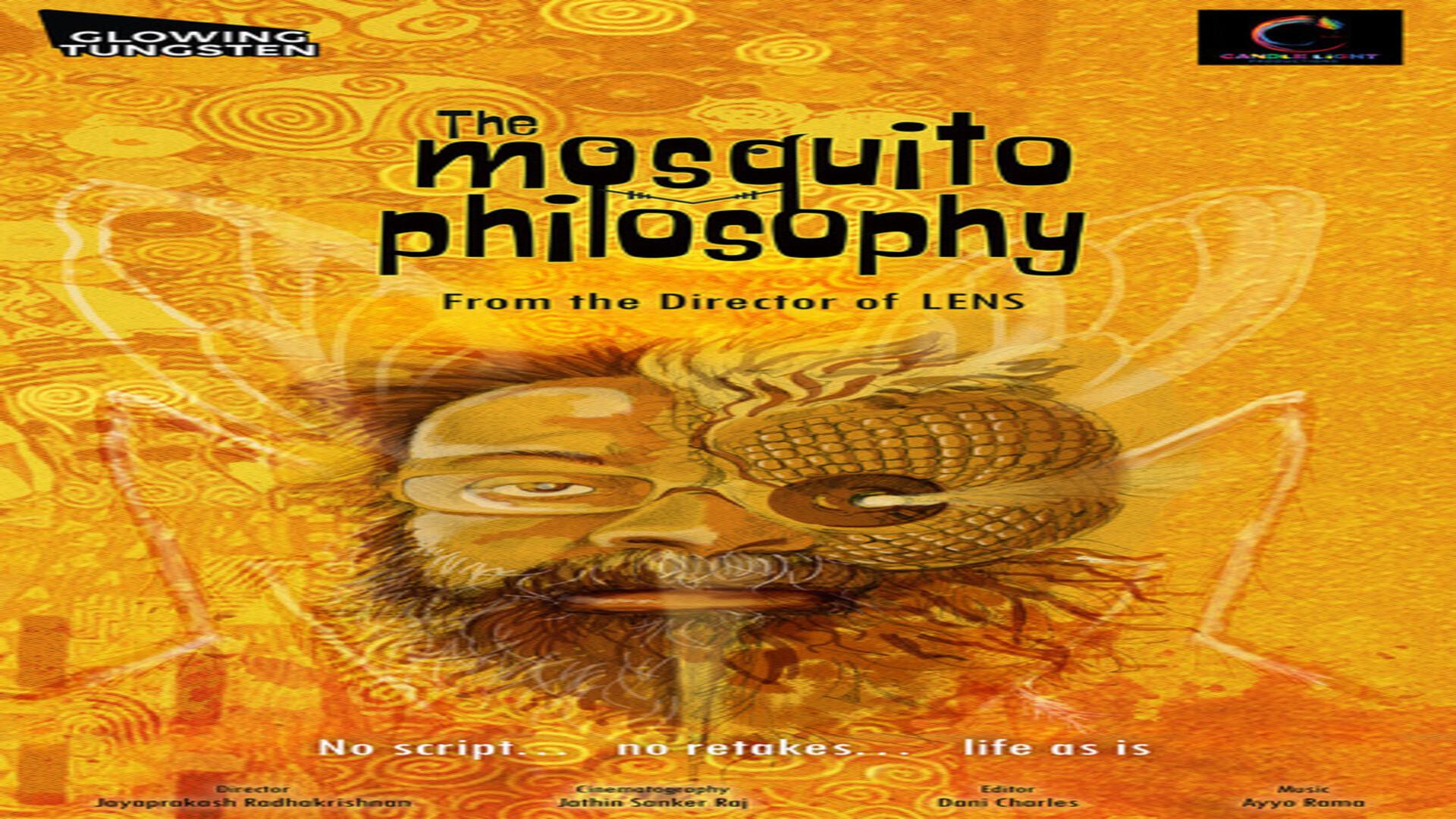The Mosquito Philosophy is an interrogation of a society that is caught in the throes of tradition and modernity. The protagonist, a man with a seemingly progressive outlook, discovers the hollowness of his beliefs during an evening’s merry-making at his friend’s home. The film, which unfolds at an almost real-time pace, begins with the middle-aged Suresh announcing his wedding to his (also middle-aged) friends. The announcement comes as a surprise as it does not tally with Suresh’s radical beliefs. Under sustained interrogation by the host (JP), his wife (Sindhu), Pradeep and Ravi, Suresh admits to consenting to the marriage only to please his mother, as in the case of most arranged marriages in India. The friendly banter throws serious questions on love, relationships, consent, individual choice and marriage. Although they are all directed at Suresh, they also bring out the irony of each questioner’s situation too. As Suresh begins to look inward to confront his hypocrisy, the evening’s mood turns grim.
The Mosquito Philosophy is an interrogation of a society that is caught in the throes of tradition and modernity. The protagonist, a man with a seemingly progressive outlook, discovers the hollowness of his beliefs during an evening’s merry-making at his friend’s home. The film, which unfolds at an almost real-time pace, begins with the middle-aged Suresh announcing his wedding to his (also middle-aged) friends. The announcement comes as a surprise as it does not tally with Suresh’s radical beliefs. Under sustained interrogation by the host (JP), his wife (Sindhu), Pradeep and Ravi, Suresh admits to consenting to the marriage only to please his mother, as in the case of most arranged marriages in India. The friendly banter throws serious questions on love, relationships, consent, individual choice and marriage. Although they are all directed at Suresh, they also bring out the irony of each questioner’s situation too. As Suresh begins to look inward to confront his hypocrisy, the evening’s mood turns grim.

